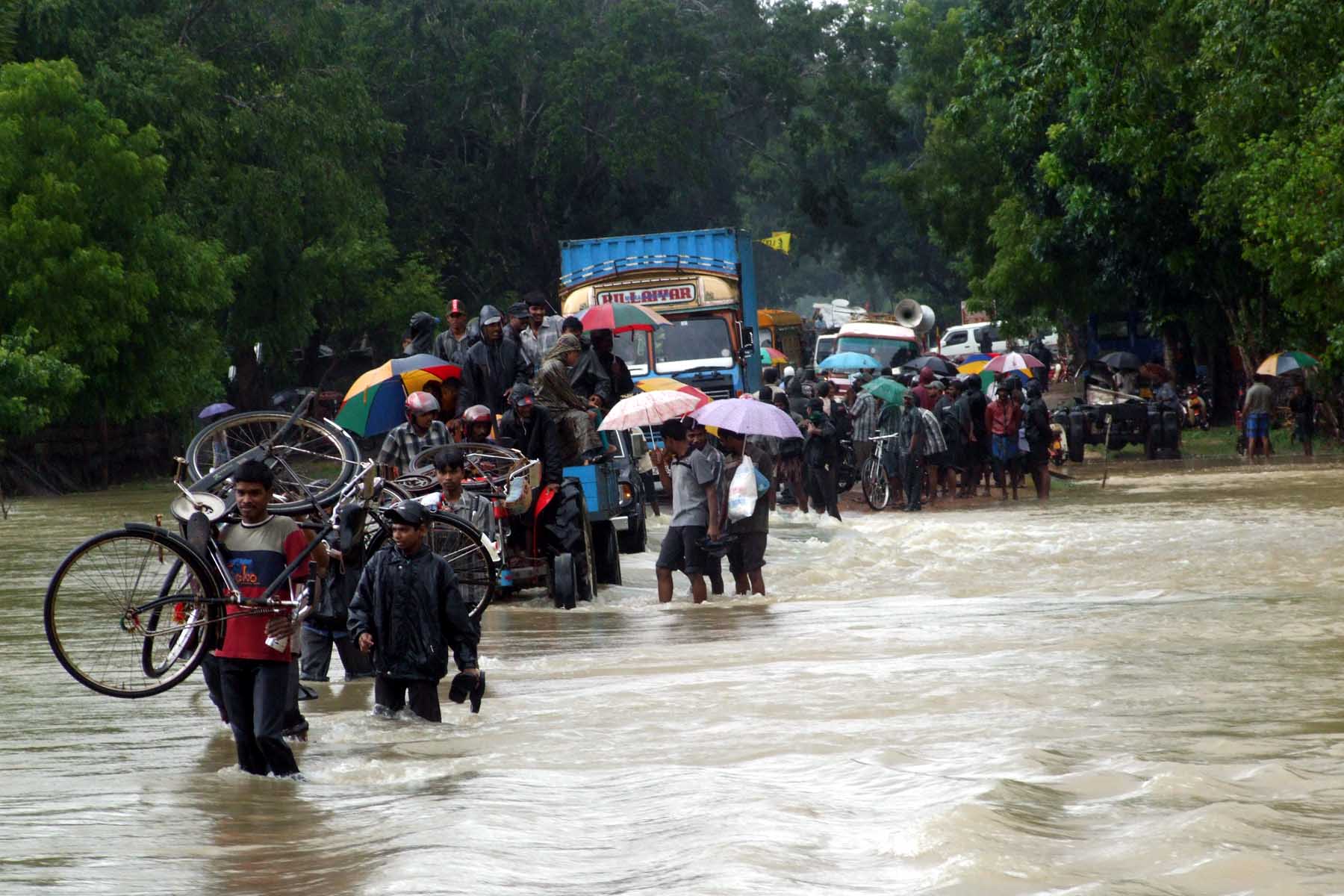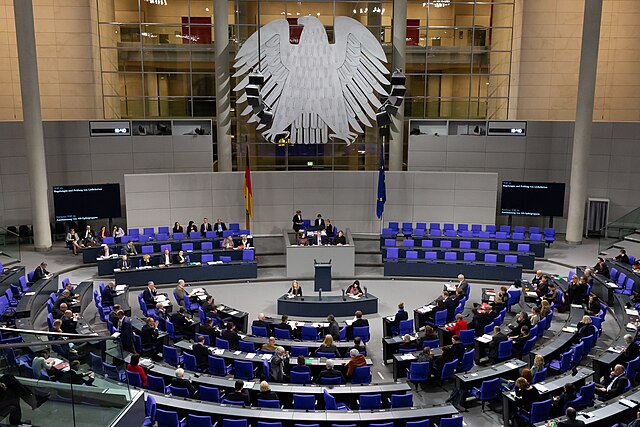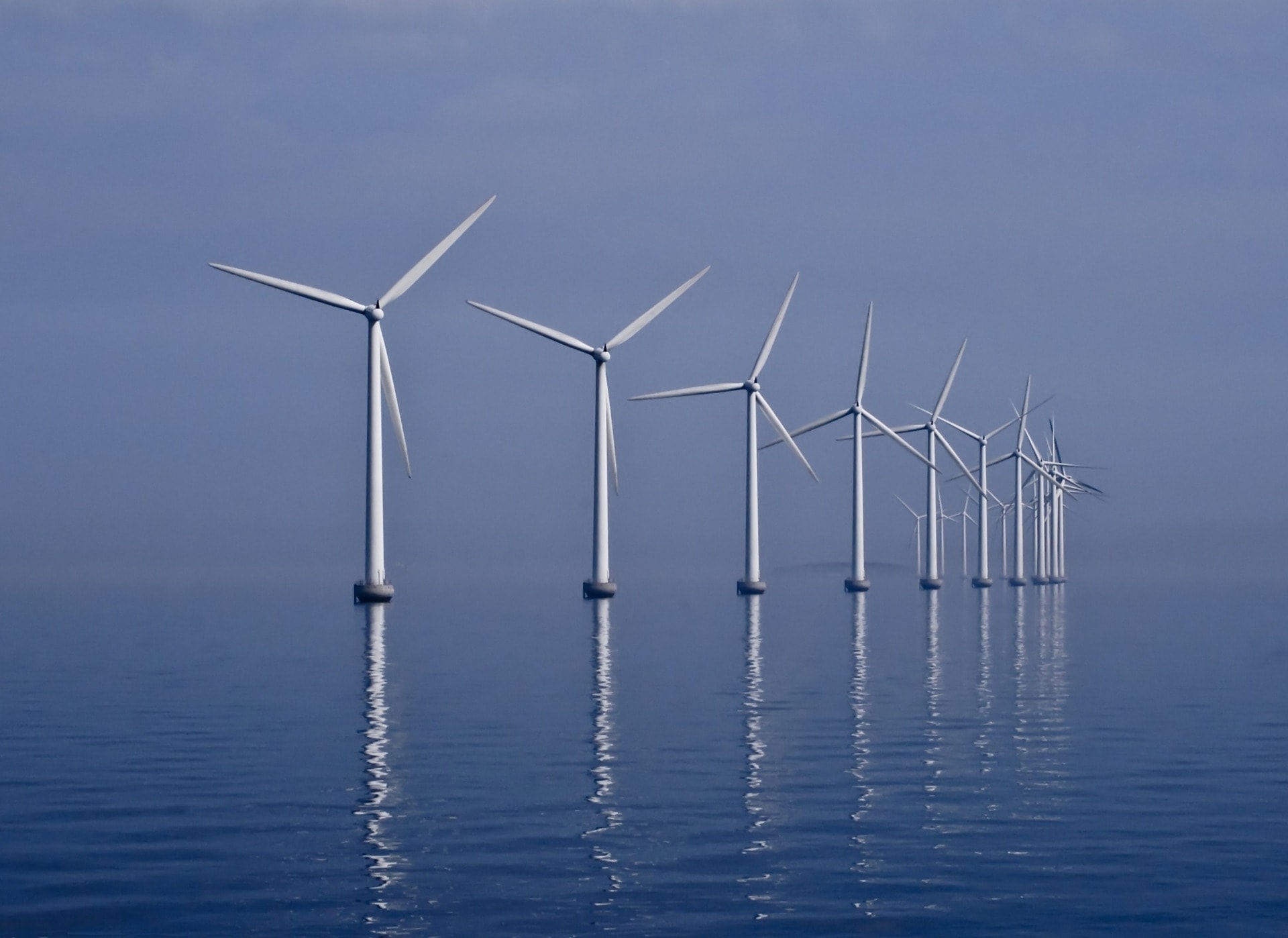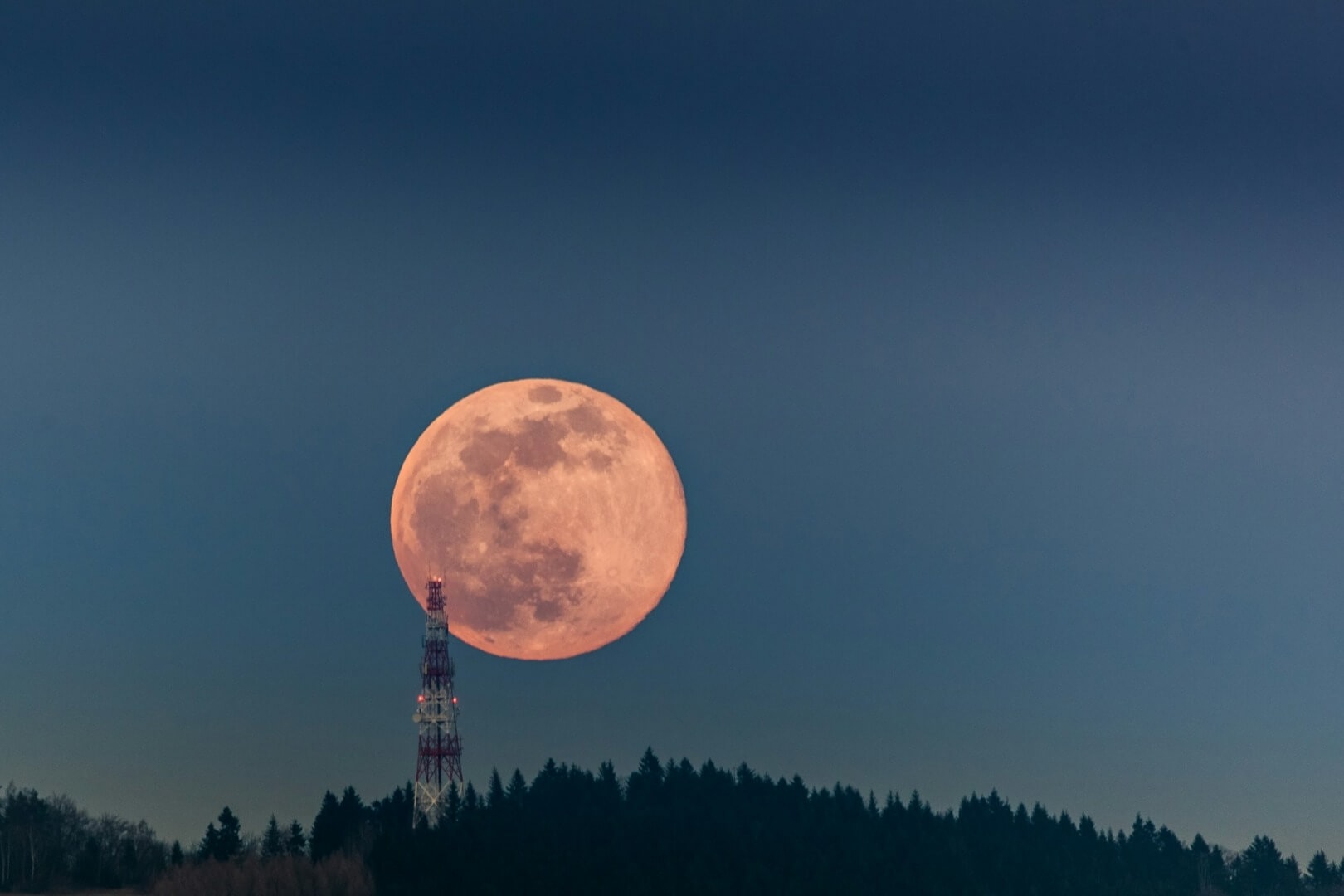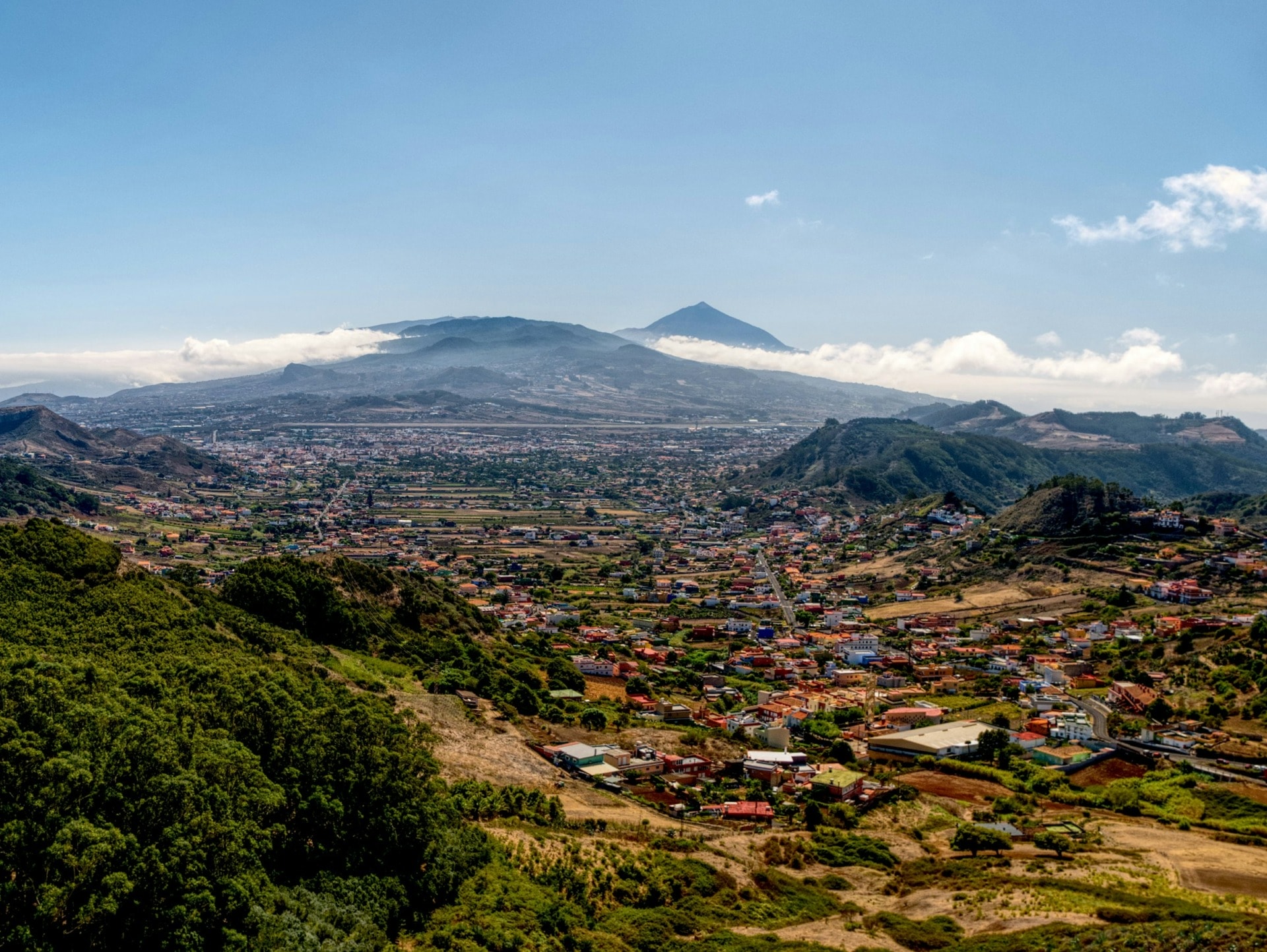The bodies of at least 63 migrants including infants, women and men have been found off the southern coastline of Calabria in Italy, with more than 100 now feared dead.
Along with the victims, pieces of wood that were once the boat they were traveling on were also found smashed up and strewn along the shores. It’s thought that this horrific tragedy was caused by their vessel hitting a rock and capsizing in stormy seas.
The death toll is still rising, as not all bodies have yet been discovered. Reuters reported that the vessel left the western Turkish beach city of Izmir last week, carrying between 140 and 150 people.
A CNN report has stated that 80 people have been rescued, and that their method of survival was by clinging onto the small pieces of the boat that were floating in the water.
Italy’s response to the migration crisis
This tragedy is following Italy’s recent, rigorous new rules on migrant boats, which punishes not only the refugees potentially losing their lives, but also those who try to rescue them.
This therefore raises questions as to whether such an event could have been prevented had the rescue boats been able to save the victims in time.
Director of Italy-Europe programs at the established charity, Save the Children, has criticized Italy’s response to the current migrant crisis, stating:
“Today’s tragedy is a wake up call, and could have been prevented. It has been said for years that tragedies like this should not be repeated, but what happened today shows once again, the urgency for expanding safe and regular routes for those seeking protection. How many more lives will have to be lost before all countries in Europe take joint action to avoid this from happening again?”
Although it is clear that the system currently in place regarding the handling of migrants entering the EU is causing immense amounts of suffering, planning and implementing a fairer system is also easier said than done.
It’s effortless to criticise harsh laws against migrants, but coming up with a system that satisfies all is no mean feat.
A least 58 migrants were killed and more than 81 were rescued when the human smuggling boat they were aboard slammed into the rocks off the coast of southern Italy and "disintegrated" just feet from the shoreline, officials said. https://t.co/ZS74zZxWC5 pic.twitter.com/HZJdLNC29c
— ABC News (@ABC) February 27, 2023
The EU has experienced a 64% increase in unauthorised migrants entering its borders since 2015. However, despite this problem, the bloc has not made any efforts to change its migration systems to accommodate the amount of asylum requests it is being presented with.
What’s more, it’s estimated that by 2050 there will be 1.2 billion people forcibly displaced due to climate change, yet there are currently still no international laws to facilitate safe climate migration, leaving those fleeing their homelands due to environmental destruction with little to no legal migration options.
Related Articles: Will Italy Stop Saving Migrants and Start Punishing Rescuers in the Mediterranean? | The Inadequacy of EU Migration Policy Can No Longer Be Ignored | EU to Impose Trade Penalties on Countries That Refuse to Take Back Migrants | How Climate Change Will Redraw Maps and Borders | Immigration Reforms: Germany Prepares to Loosen Regulations for Non-EU Migrants | Illegal Pushbacks in Greece Are Costing Refugees Their Lives
Italy has even been accused of purposefully avoiding the problem rather than dealing with it, having recently created sea rescue laws so strict that it is near impossible to save people that may be drowning, and those doing the rescuing could in fact be persecuted for doing so.
Rather than tackling the issue in hand, it seems as if attempts are being made to ignore it. The problem is instead being diverted back to migrants who are suffering the worst of the dire situation in the first place.
What the authorities have to say on the matter
Recently appointed Italian Prime minister Giorgia Meloni has passed the blame to the human traffickers responsible for organising the journey.
“It is criminal to launch a boat just 20 meters long with 200 people on board in adverse weather,” stated Meloni, “it is inhumane to exchange the lives of men, women and children for the price of a ticket under the false perspective of a safe journey.”
“It is essential to continue with every possible initiative to stop departures and discourage crossings in any way which takes advantage of the illusory mirage of a better life,” said Italy’s Interior Minister, Matteo Piantedosi.
On the surface, the reasoning for Italy’s strict new sea rescue laws are to discourage people from taking the perilous routes in the first place.
The government’s aim is for people at the beginning of their journey (before they embark on it) to hear about the difficulties of arriving safely on European shores, and hopefully be put off by the dangers associated with it.
However, these idealisations are useless, as migrant journeys have always been dangerous, there have never been safe and easy routes, yet the numbers taking these journeys are only increasing.
It remains unclear what potential migrants are told before embarking on these journeys, and what kind of information they’re being exposed to on the other side.
As British-Somali poet Warsan Shire said: “No-one puts their child in a boat unless the water is safer than the land.”
Chiara Cardoletti, the UNHCR representative for Italy, has said it is “more necessary than ever before to strengthen the rescue capacity, which is still insufficient.”
Laurence Hart, Director of the IOM Coordination Office for the Mediterranean, has suggested “adopting an approach that considers the multiple drivers that are causing people to flee.”
The timing of Hart’s suggestion, considering Italy has just initiated new laws that do not address this, is unfortunate.
As more tragedies like this continue to happen, it is inevitable that something more will need to be done to address the severe issue.
Editor’s Note: The opinions expressed here by the authors are their own, not those of Impakter.com — In the Featured Photo: Refugees on a boat crossing the Mediterranean Sea. Featured Photo Credit: Wikimedia Commons



